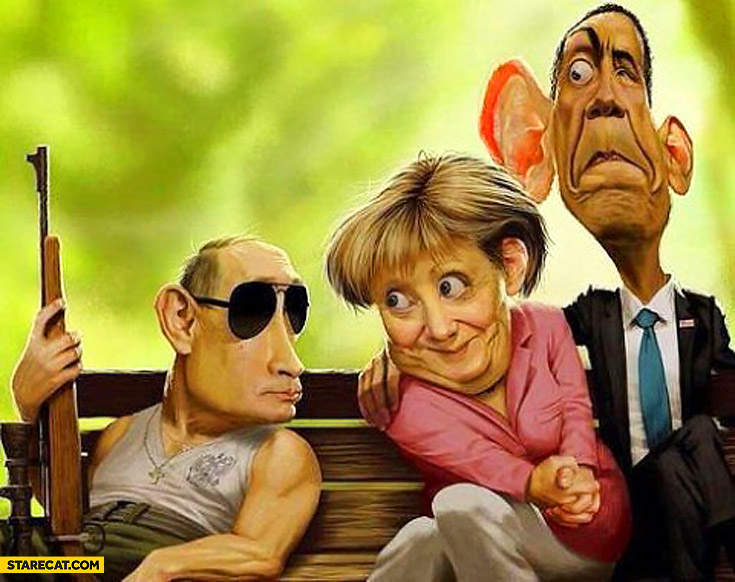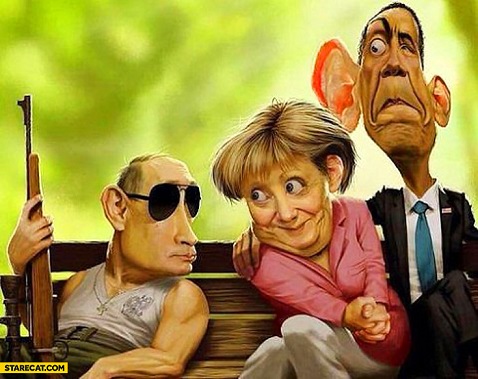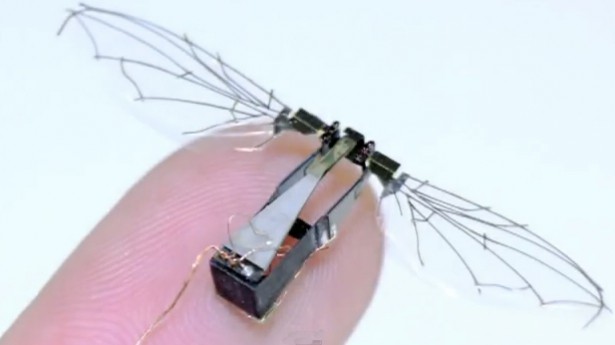Cross Post: Privacy is a Collective Concern: When We Tell Companies About Ourselves, We Give Away Details About Others, Too.
BY CARISSA VÉLIZ
This article was originally published in New Statesman America

GETTY IMAGES / JUSTIN SULLIVAN
People often give a personal explanation of whether they protect the privacy of their data. Those who don’t care much about privacy might say that they have nothing to hide. Those who do worry about it might say that keeping their personal data safe protects them from being harmed by hackers or unscrupulous companies. Both positions assume that caring about and protecting one’s privacy is a personal matter. This is a common misunderstanding.
It’s easy to assume that because some data is “personal”, protecting it is a private matter. But privacy is both a personal and a collective affair, because data is rarely used on an individual basis.Read More »Cross Post: Privacy is a Collective Concern: When We Tell Companies About Ourselves, We Give Away Details About Others, Too.


 It has now been almost two years since Snowden. It’s time for us to admit this has little to do with privacy. Global surveillance is not global only because it targets people all over the world. Global surveillance is done for and against global interests. Privacy, by contrast, is an individual right. It’s simply the wrong description level. This is not about your internet history or private phone calls, even if the media and Snowden wish it were.
It has now been almost two years since Snowden. It’s time for us to admit this has little to do with privacy. Global surveillance is not global only because it targets people all over the world. Global surveillance is done for and against global interests. Privacy, by contrast, is an individual right. It’s simply the wrong description level. This is not about your internet history or private phone calls, even if the media and Snowden wish it were.
